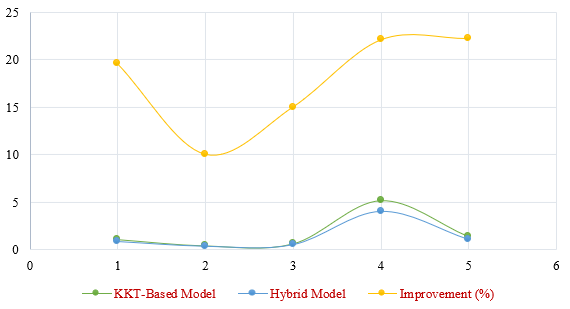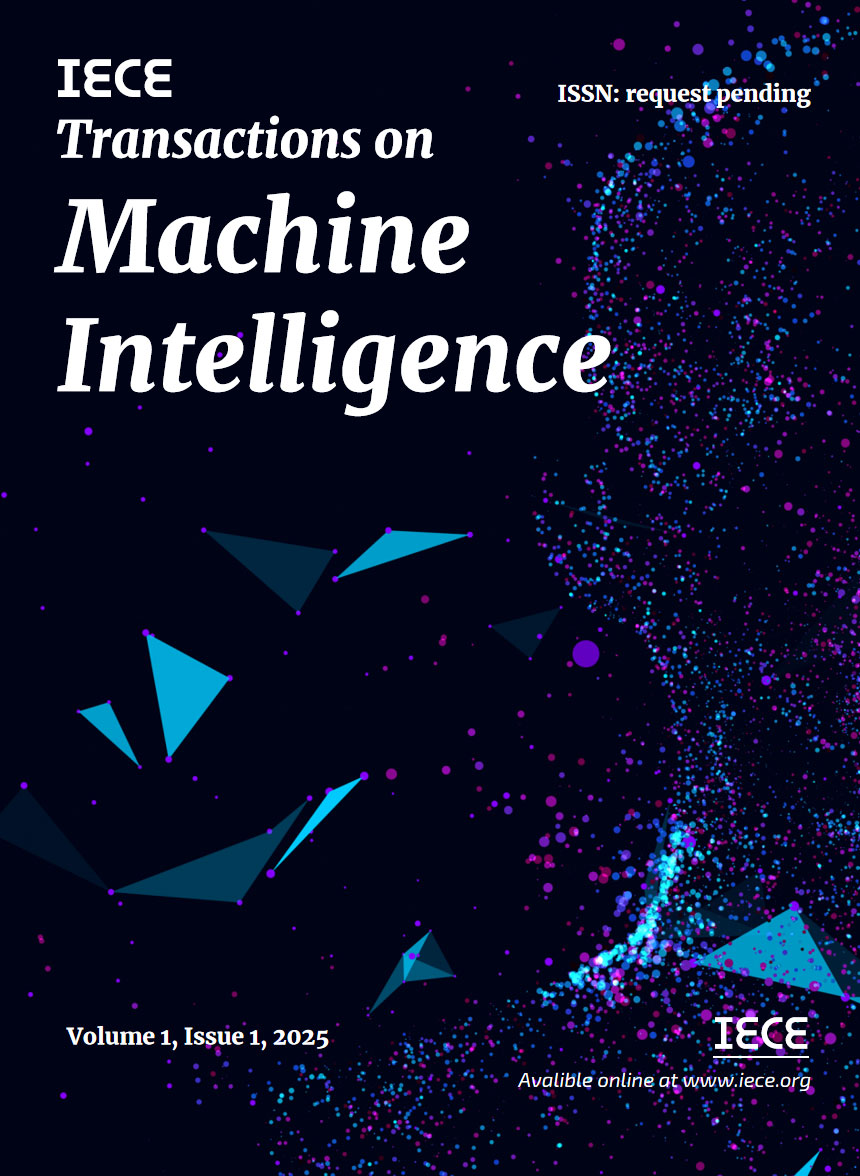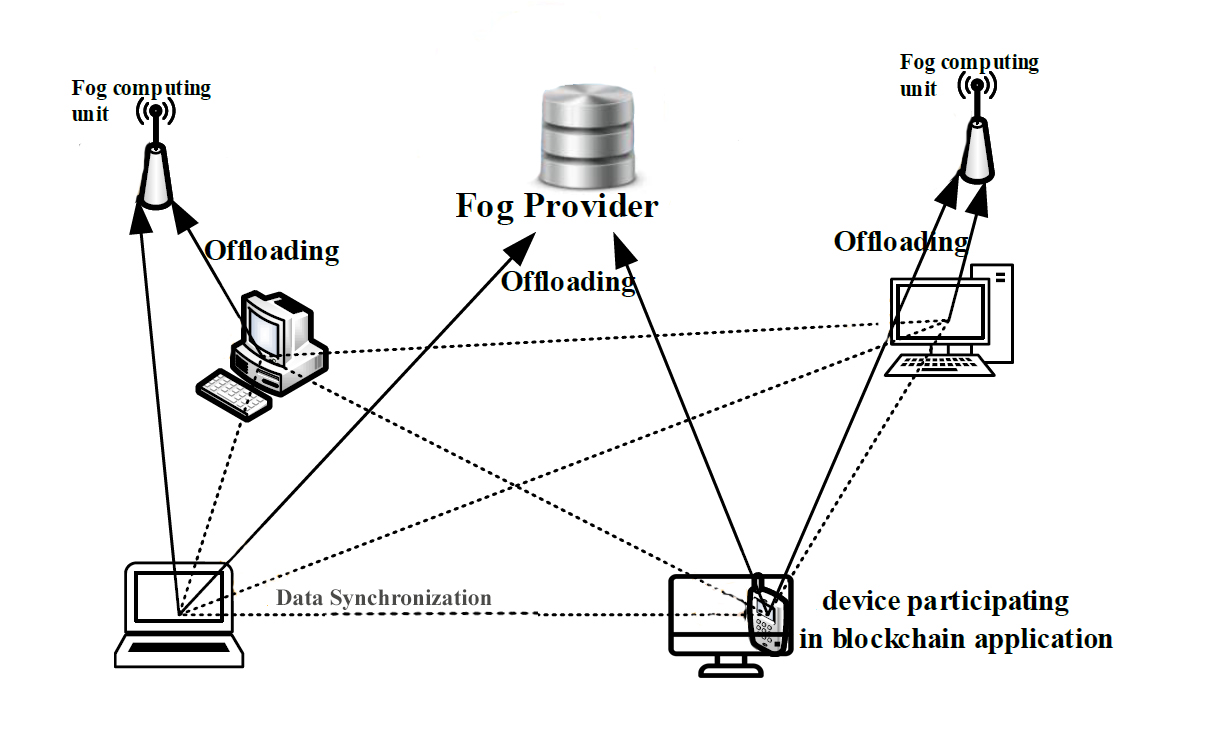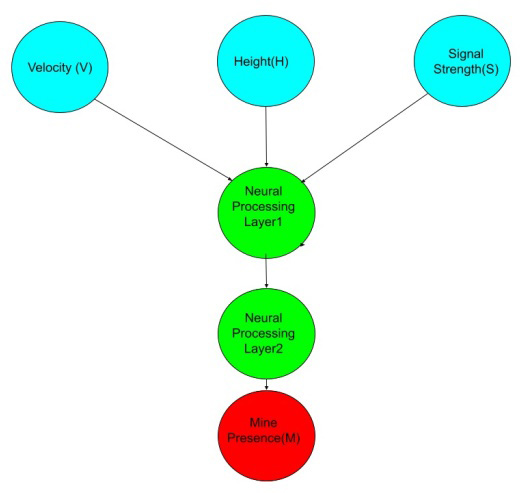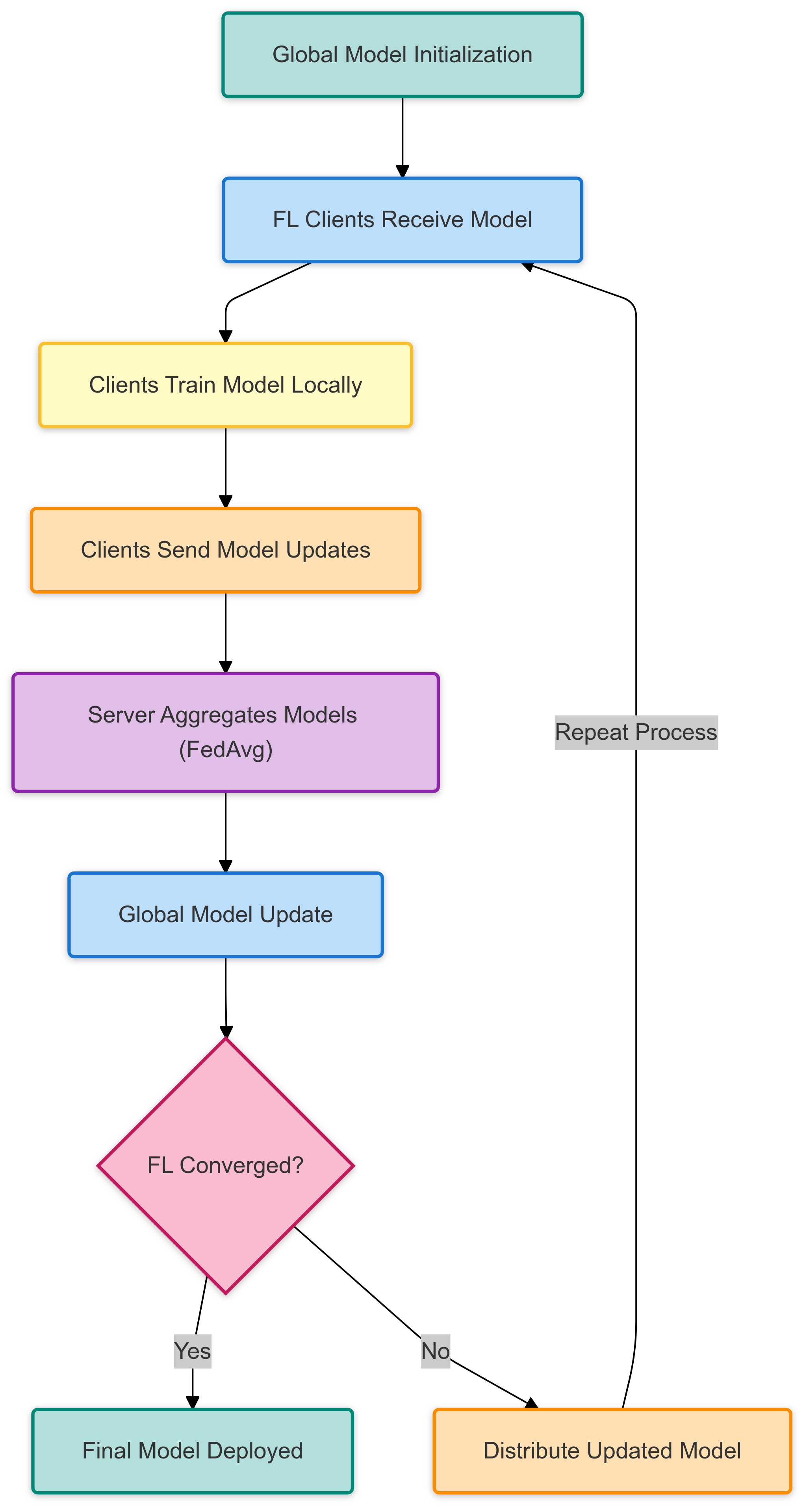IECE Transactions on Machine Intelligence | Volume 1, Issue 1: 42-51, 2025 | DOI: 10.62762/TMI.2025.561363
Abstract
Neutrosophic sets play a significant role for handling indeterminacy. In this paper, we introduce a novel fuzzy non-linear regression model to find the minimum spread of neutrosophic fuzzy sets. Kuhn-Tucker's necessary conditions are employed to estimate the parameters for non-linear regression models, which can be applied to any data set. The resulting hybrid model possesses the ability to minimise the spread of uncertainty in a much better fashion than the existing non-linear regression contenders which rely on KKT- based model. The hybrid approach reduces the maximum spread by 22.09% and improves prediction accuracy, as shown by a 22.23% reduction in RMSE. The study’s findings highligh... More >
Graphical Abstract
